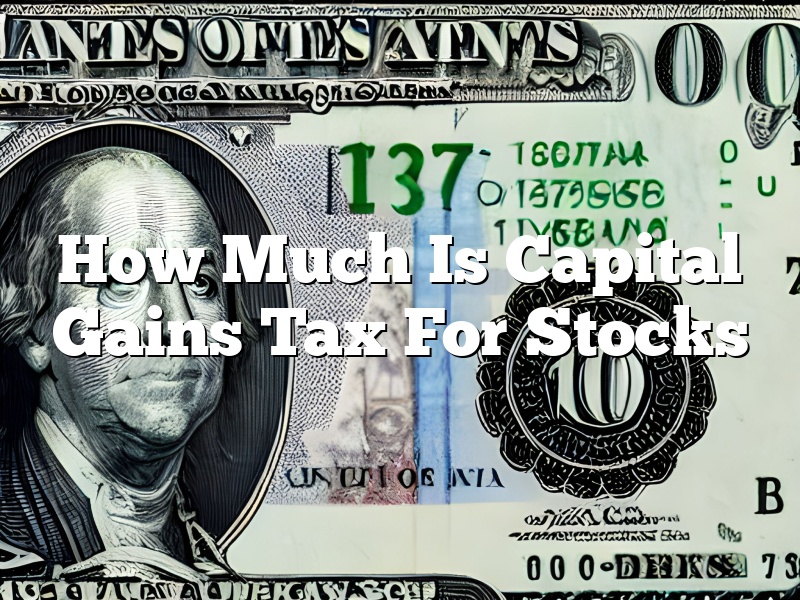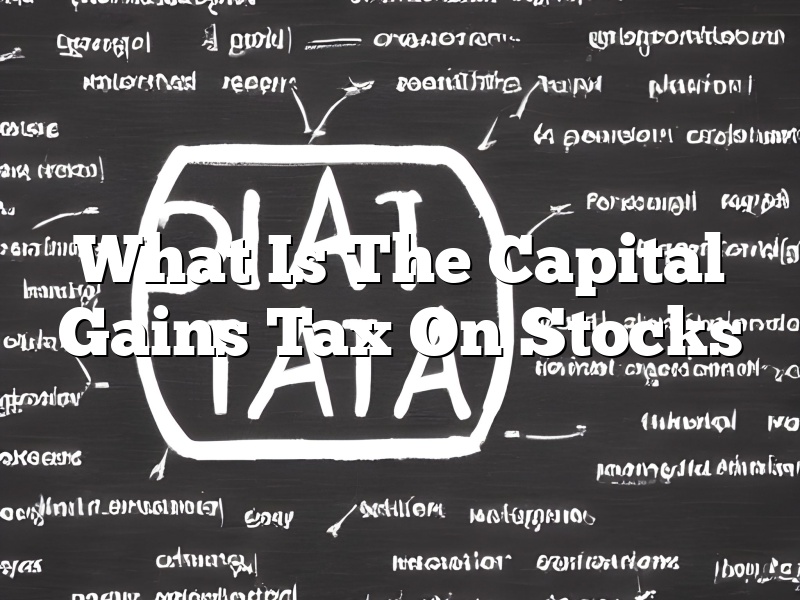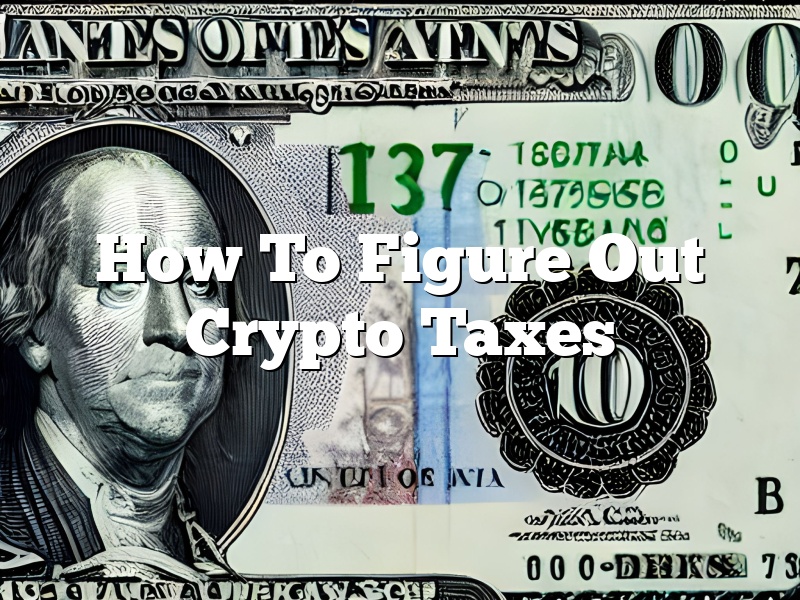How Much Is Capital Gains Tax For Stocks Capital gains tax is a tax on the profits made from the sale of an asset, such as a stock. The tax is paid on the difference between the sale price and the purchase price, minus any costs incurred when you bought the stock, such as commissions. […]
What Is The Tax Rate On Crypto Gains
Cryptocurrencies are a new and exciting form of digital asset that has taken the world by storm. With values soaring and plummeting, it can be difficult to understand the tax implications of trading in these digital assets. Cryptocurrency gains are taxable in the United States, and the tax rate depends on how long you have […]
How Much Taxes Do I Pay On Crypto Gains
Cryptocurrency investors have been on a roller coaster ride in 2018. The prices of Bitcoin, Ethereum, and other cryptocurrencies have skyrocketed and crashed multiple times throughout the year. With all of the volatility in the cryptocurrency market, it’s important for investors to understand how taxes work on crypto gains. In this article, we’ll break down […]
What Is The Capital Gains Tax On Stocks
The capital gains tax (CGT) is a tax on the profit realized on the sale of a capital asset. A capital asset includes most property and investments, such as stocks, bonds, and real estate. The tax is levied at the federal level, as well as by most states. The tax is generally applied to the […]
How To Figure Out Crypto Taxes
Cryptocurrencies are digital or virtual tokens that use cryptography to secure their transactions and to control the creation of new units. Cryptocurrencies are decentralized, meaning they are not subject to government or financial institution control. Bitcoin, the first and most well-known cryptocurrency, was created in 2009. Cryptocurrencies are often traded on decentralized exchanges and can […]
How Are Crypto Gains Taxed In Us
Cryptocurrencies are digital or virtual tokens that use cryptography to secure their transactions and to control the creation of new units. Cryptocurrencies are decentralized, meaning they are not subject to government or financial institution control. Bitcoin, the first and most well-known cryptocurrency, was created in 2009. Cryptocurrencies are often traded on decentralized exchanges and can […]



















0